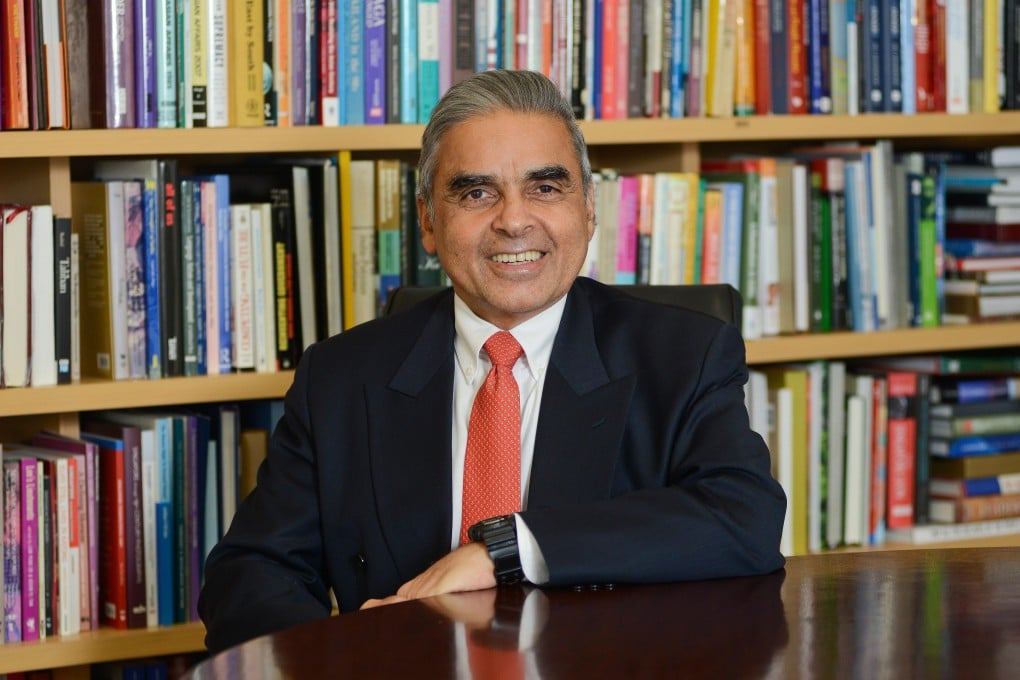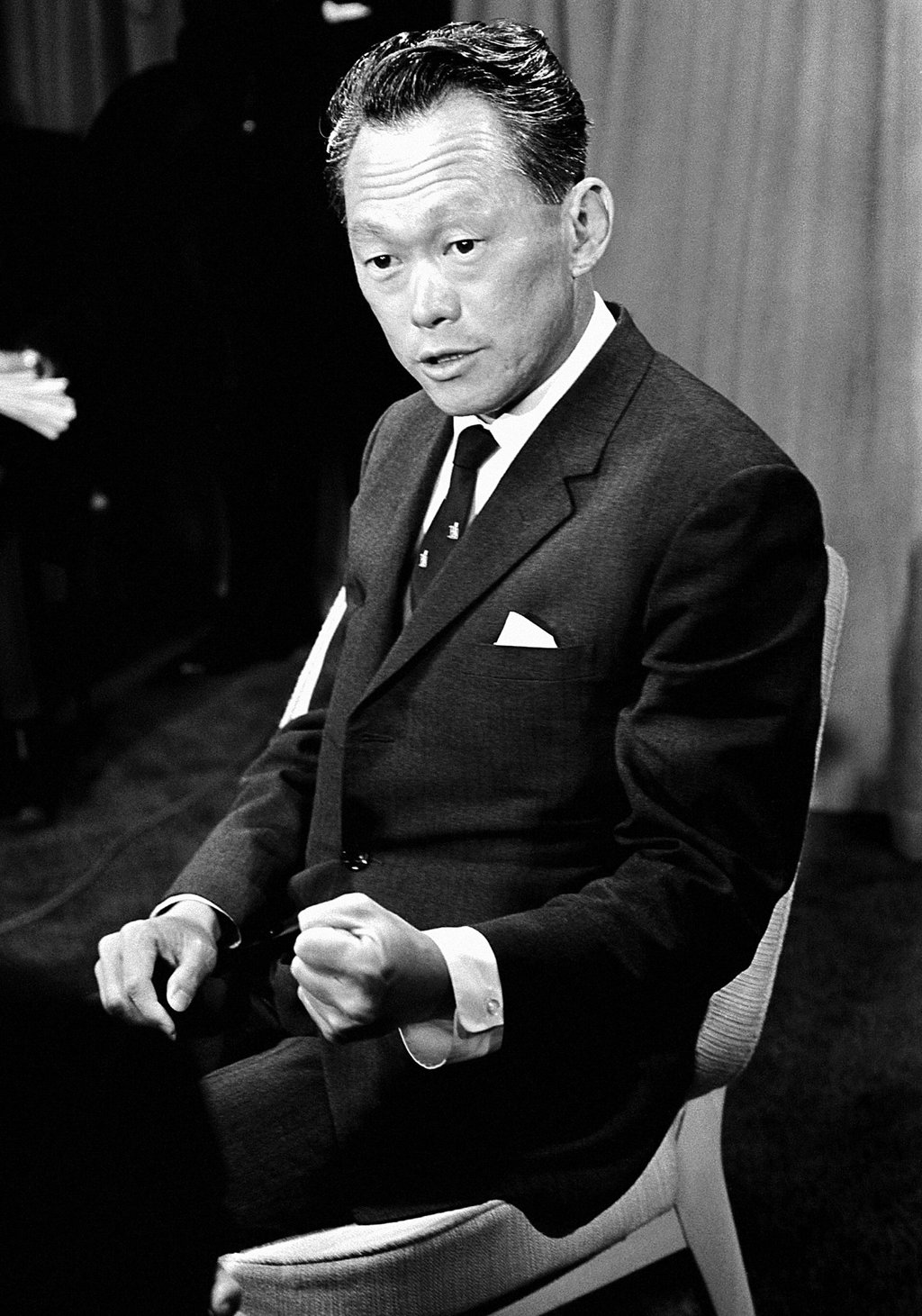Kishore Mahbubani in his memoir: the rebel undergraduate who took on Lee Kuan Yew
- In his book ‘Living the Asian Century’, the veteran diplomat recalls how an article criticising Singapore’s founding father changed his life

“My most visible contribution to university life as a whole came when I was appointed as the editor of the student newspaper, the Singapore Undergrad. As editor, I discovered that I had a provocative streak. The politically apathetic students of my time had no interest in student newspapers. Hence, I tried to increase interest in the paper and to encourage greater debate and reflection by choosing provocative headlines. The most memorable editorial decision I made was to leave the entire front page of the paper blank and print in the middle of the white page a headline in small print: “Are we really this blank?”

Initially, I floated this article as an editorial representing the views of the paper. While the other editors liked the piece, they suggested that I publish it in my own name instead. I agreed. It was an act of folly.
My fellow editors were obviously smarter than I. They knew well that the PAP government of that time was not tolerant of dissent or criticism and that there could be serious consequences for writing such strong and direct criticism of the PM. If I had been squashed, in one way or another, after publishing this article in my name, my fellow students would not have been surprised.
Indeed, some time after I published this article, I was told that Vice-Chancellor Toh Chin Chye – who had been the founding chairman of the PAP and had only recently stepped down as deputy prime minister (DPM) – had said, “Tell Kishore not to take me on. If he does, I will crush him.”
Instead of being squashed, I became a celebrity after publishing the article. The New York Times (NYT) correspondent in Singapore, Anthony Polsky, came to interview me on campus. The BBC followed suit. Equally importantly, my fellow students began to treat me with greater respect. I was no longer an obscure philosophy student, as everyone knew who I was.